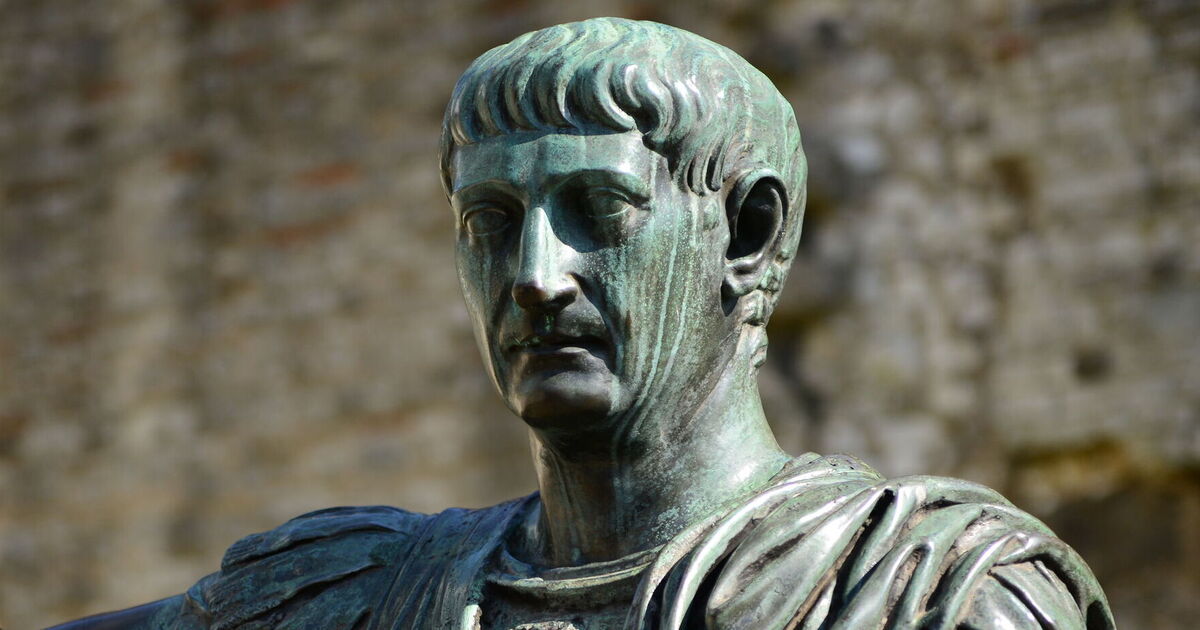A 2000 year old novel, considered a “gossip-y” account of the Roman Emperors’ personal lives, has entered the book’s bestseller charts.
The Lives of the Caesars, originally written in Latin by Roman historian Suetonius in AD 121, was translated into English by The Rest Is History podcast co-host Tom Holland and published on February 13.
Originally titled ‘De vita Caesarum’, the book is a set of twelve biographies of the first emperors of the Roman Empire: Julius Caesar, Augustus, Tiberius, Caligula, Claudius, Nero, Galba, Otho, Vitellius, Vespasian, Titus and Domitian.
Detailing ancient policy failures, racy scandals, imperial eccentricity and various levels of gossip, the book reached the Sunday Times hardback nonfiction chart this week, and made history as Penguin Classics’ first title to make it to the list.
About the achievement, translator Tom Holland said he was “delighted for Suetonius, to see the lad is capable of getting on the bestseller list after two millennia”.
“I think the reason that it’s always been popular is the fact that it is full of the most sensational gossip. It is kind of ancient Rome’s Popbitch”, he commented. “It is full of scandal, and extraordinary detail, but it is also very psychologically astute. It has the quality of a very highbrow gossip column.”
“Had there been bestseller lists in second-century Rome, Suetonius’s Lives of the Caesars would undoubtedly have been on them,” added Penguin Press’ publishing director Stuart Proffitt.
The book’s author, Suetonius, was the personal secretary of Hadrian, the Emperor at the time, and had access to official archives when writing about past leaders. Although scandalous, his book has been used as a reliable source for biographies of the twelve Emperors since it was first released.
Among the most revealing sections are Caligula’s habit of disguising himself to frequent taverns and feed his love for dancing, Julius Caesar’s capture by pirates and Nero’s laxative poisoning of his own aunt. Other passages tell stories of treason, tense familial relationships, murders, cruel punishments, and borderline comical mannerisms of the Emperors.
Holland also cites reasons for the general public’s apparent growing interest in Roman history, highlighting that, as a western society, “we feel closer to the Romans, perhaps, than we do to the Egyptians or the Assyrians.”
“It’s also partly because our understanding of power derives from Rome more than anywhere else. The [US’s] Republican system was modelled on that of ancient Rome, but the [Roman] Republic ended up becoming an autocracy, and so in America, there’s always been this anxiety that a Republican system of government may end up an autocracy, and I guess that at the moment, that anxiety has a particular salience.”
He celebrated the work he had while translating the chronicles: “You spend a long time, a long period with someone who you think you’re going to enjoy the company of, so it’s always good to discover that actually you do.”












